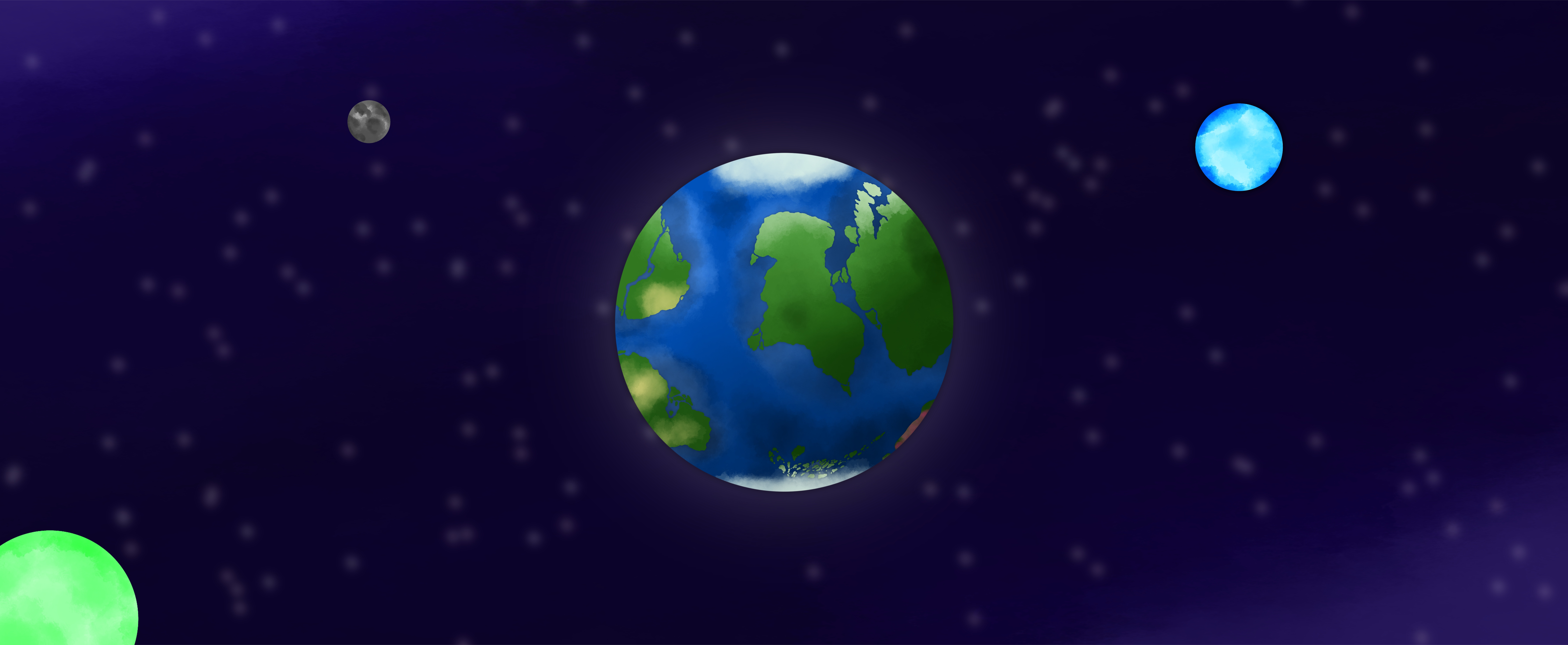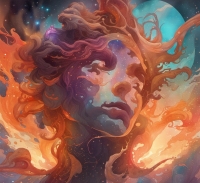The Fable Paradox
or "What is Greater than Greatness?"
"The Fable Paradox" is an philosophical theory proposed by Hierobus Fink. One of the heads of Konaïs' council from 468PS to 550PS. Hierobus Fink published a book titled "What is Greater than Greatness?" or "A look at the divine through the lens of an author"
It is well known that at the head of Asharith's pantheon stands Fable, The Tale Spinner. He is the god of creation and stories. His methods of creations, and in that way any of the Gods' workings are very much beyond the understanding of mortals, however. There are certain scholars in the ranks of the church who assume that Fable writes us into existence in the very same way that we write stories. No person alive today has ever seen Fable take a physical form and it is believed that even before the War of Great Ruin he rarely walked the world he governed.
It should be noted before I start, that the existence of the Gods is a well known fact, even though none but one person alive have seen any of them in a physical form. Myriad people of the cloth, and even others fully detached from the church have described visions and prophecies deliverd onto them by the divine, and even more show incredible magical powers stemming from divine origins. The Gods are real, there can be no doubt in that, this text will ask what our relationship is to those Gods, and if they have Gods of their own.The Fable Paradox describes the idea that Fable, the most powerful of all beings, possibly equal to his opposite, The Ruin, created us with the intrinsic ability to tell stories. And if we are to him what our story books are to us, then is there anyone who "wrote" Fable into being, and anyone who "wrote" them and so on and so forth. It is very much possible that there are an infinite number of beings even more powerful than the Gods of our world who look over the Adamant as they look over us. Though, this is only a theory, as there is no possible way to confirm this idea. The Fable Paradox is a way to look at our lives and the world we live in compared to a story. Why does evil exist? Well a good story needs a good villain, doesn't it? In that same way we can view the Deific Infra. They are the "Villains" of the Adamant's story, as Fable is the protagonist and the Deific Supra are the "Heroes."Hierobus Fink "What is Greater than Greatness," p1 in "Prologue"
Heroes, villains, protagonists, antagonists, primary characters, secondary characters, tertiary characters. All of us have a role in the great story of life. What that role is, you cannot know. Nor should you, as it is a thing you should decide for yourself and not have it be decided by another. - Hierobus Fink "What is Greater than Greatness," p136 in "Epilogue"Another consequence of this method of thinking is the simple fact that a single author can write multiple works. Do our Gods have other worlds they look after? In that case, did all of them experience a war of Great Ruin or are the Gods still able to walk freely on those other worlds? This idea that our lives are nothing more than a story within a story within a story to beings so far beyond us that we will never comprehend them brings some people to conclude that there is no real meaning to life. However, there are many bards in the land who see this very idea as life's meaning. The meaning of life, is to entertain. Others yet say that our world's meaning is simply to be preserved. Like how a book is used to record thoughts and ideas and not let them disappear into obscurity.
Spread
Hierobus' ideas and his book, "What is Greater than Greatness" are still sold all around Opula and Moy'Rodina. Knowledge of the book is less widespread on other continents due to their distance from the original publishing houses and the author. A few copies are preserved within The Adamant Archive, available to any member of the public.
Date of First Recording
523
Related Locations
Note that this idea is fully based on the works of Hierobus Fink and should not be taken as the absolute truth. There is no way to know whether Fink's ideas should be taken as truth, which he himself states as well in his book's epilogue.Anastasia Peral, Head of the Adamant Archives' Philosophy Department




I love the "meta" aspect of this where it brings the storyteller into the story in some ways. Very nice.